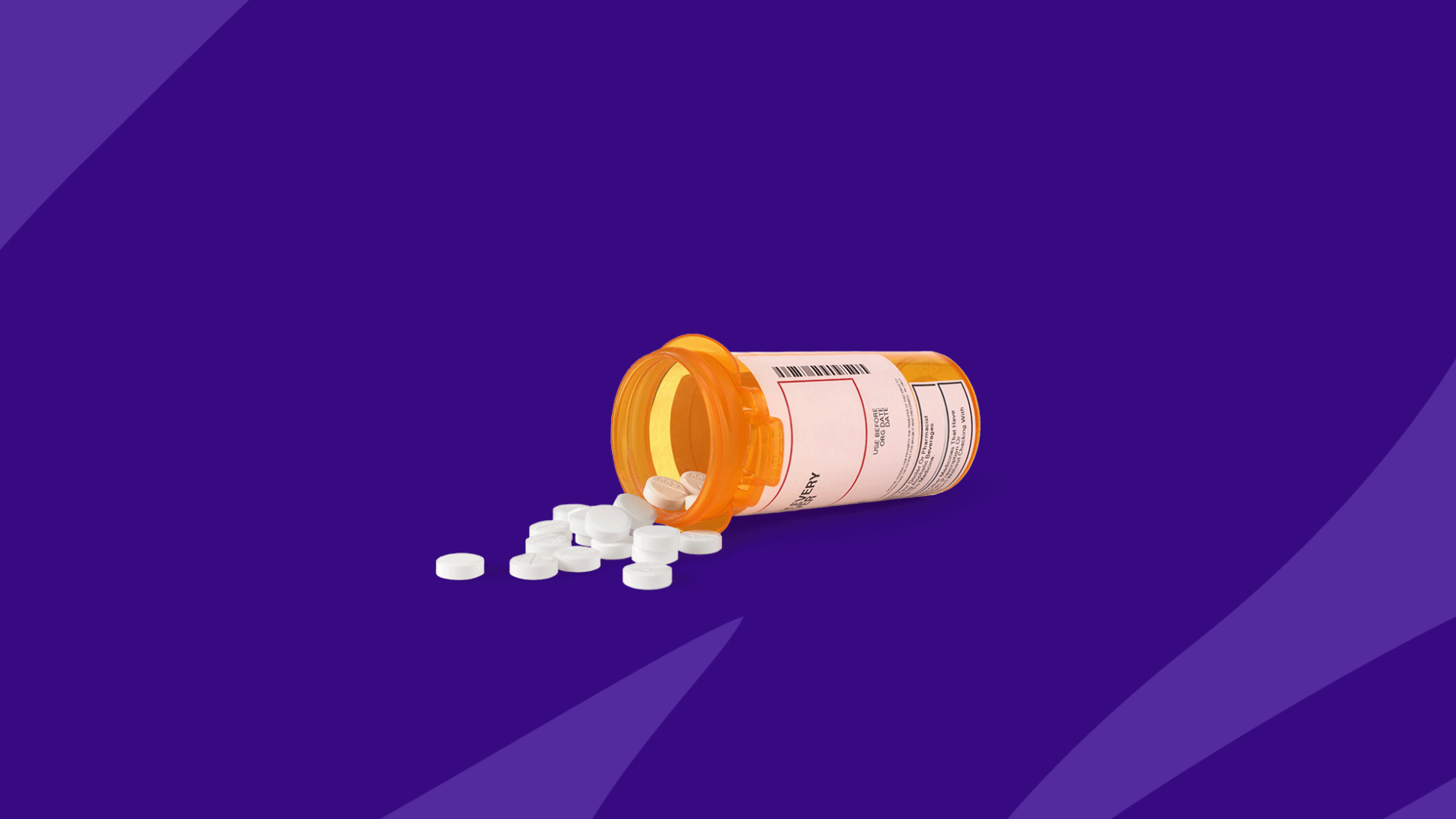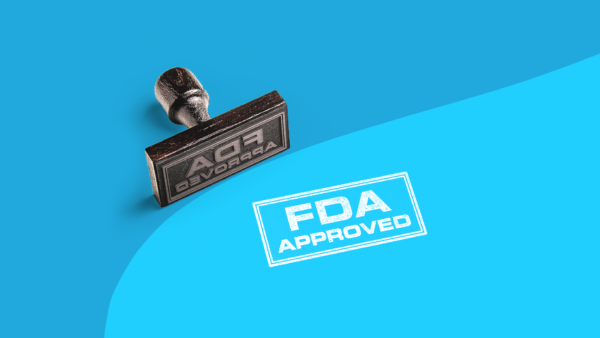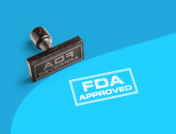Nitrofurantoin is an antibiotic that’s used to treat urinary tract infections (UTIs). It’s a generic medication, but it’s also available as the brand-name drugs Furadantin, Macrodantin, and Macrobid. Nitrofurantoin belongs to a class of drugs called urinary antibiotics. A class of drugs is a group of medications that all work in a similar way. Nitrofurantoin works to treat UTIs by killing the bacteria that’s causing the infection.
Certain things can affect how nitrofurantoin works. Drug interactions can weaken nitrofurantoin’s ability to clear infections, or they can cause rare or common side effects. To avoid this, it’s important that healthcare professionals know all of the medications you take. This includes all over-the-counter and prescription drugs, vitamins, supplements, and herbs.
Key takeaways:
- Nitrofurantoin treats bacterial infections in the urinary tract.
- Nitrofurantoin can interact with certain antacids, gout medications, anesthetics, and travel vaccines.
- Taking nitrofurantoin together with certain medications can make nitrofurantoin less effective or raise the risk of serious side effects, such as lung and liver problems. If you develop any lung- or liver-related adverse effects, such as chest pain, trouble breathing, or jaundice, seek medical help.
- Be sure to share an updated list of medications and medical conditions with your healthcare provider so they can help prevent any interactions from occurring.
Nitrofurantoin drug interactions
There are certain drugs you should avoid taking together with nitrofurantoin. This includes some antacids, gout medications, anesthetics, and travel vaccines, as well as methotrexate and fluconazole.
Antacids
Avoid antacids that contain magnesium trisilicate while taking nitrofurantoin. Examples of these antacids include Gaviscon and Genaton. If you take these medications together, magnesium trisilicate can stick to nitrofurantoin. Then your body won’t be able to absorb as much nitrofurantoin as it should. This means you won’t be getting the full dose of nitrofurantoin, and the medication may not be as effective. This can result in unresolved UTI symptoms, such as burning upon urination, frequent urination, or blood in the urine.
Those suffering from heartburn should discuss alternative treatment options with their healthcare provider. Common over-the-counter heartburn medications that don’t contain magnesium trisilicate include Tums and Pepcid. If you’re unsure if your antacid contains magnesium trisilicate, check with your provider.
Gout medications
Probenecid is a medication used to treat gout. It works by raising the amount of uric acid released through the urine. This lowers uric acid levels in the blood. Taking probenecid with nitrofurantoin may increase the levels of nitrofurantoin in the blood and decrease the levels in the urinary tract. This can make nitrofurantoin less effective and raise the risk of side effects. If you’re taking probenecid, talk to your doctor about alternative treatments for your UTI.
A similar interaction occurs with another gout medication called sulfinpyrazone. However, sulfinpyrazone has been discontinued by the Food and Drug Administration (FDA).
Anesthetics
Anesthetics are medications that prevent pain during procedures and surgeries. Examples include lidocaine, bupivacaine, and tetracaine. Anesthetic medications should be used with caution while taking nitrofurantoin. Using these medications together can raise the risk of a rare but serious condition called methemoglobinemia.
Methemoglobinemia is a blood disorder that affects how red blood cells deliver oxygen to the body’s cells. It can cause symptoms such as bluish coloring of the skin, low energy, and seizures.
Travel vaccines
While it’s important to stay up to date on your vaccines while traveling, beware that nitrofurantoin can make certain travel vaccines less effective. This includes the oral typhoid and cholera vaccines. Due to this interaction, the Centers for Disease Control and Prevention (CDC) recommends you wait 3 days after finishing your nitrofurantoin prescription to take the oral typhoid vaccine and 14 days after finishing your nitrofurantoin prescription to take the oral cholera vaccine. If this time frame doesn’t work for you, ask your provider about alternative vaccines.
Methotrexate
Methotrexate is a medication that’s prescribed to treat autoimmune disorders, including rheumatoid arthritis, and certain types of cancer. It can cause many different side effects, one of which is serious lung problems.
Lung problems are also one of the potential side effects of nitrofurantoin. Therefore, using nitrofurantoin with methotrexate can raise the risk of serious lung toxicity. Symptoms of this can include coughing, chest pain, and trouble breathing. If you experience any of these symptoms, get medical help.
Fluconazole
Fluconazole is used to treat fungal infections. Similar to methotrexate, it can cause serious lung toxicity as well. Nitrofurantoin and fluconazole can also cause severe liver problems. So, lung- and liver-related side effects, such as jaundice, loss of appetite, or dark urine, may be more likely to occur if you take fluconazole together with nitrofurantoin.
Nitrofurantoin food interactions
In some cases, foods can interfere with the way a medication works. This is called a drug-food interaction. Luckily, there are no known foods that interact with nitrofurantoin. Keep in mind that nitrofurantoin needs to be taken with food in order for it to work best and to lower your chances of stomach pain or upset.
Nevertheless, there are certain foods you may want to avoid when you have a urinary tract infection. For example, it’s best to limit sugar while your body is fighting the infection. On the other hand, increasing your consumption of garlic, cranberry juice, and water may be helpful. In fact, one of the compounds in garlic has antimicrobial properties and can be effective at killing E. coli, which is a bacteria that commonly causes UTIs.
Other nitrofurantoin interactions
While nitrofurantoin doesn’t interact with any specific beverages, consuming caffeine or alcohol may worsen UTI symptoms. Furthermore, nitrofurantoin shouldn’t be used in people with certain medical conditions, such as kidney disease.
Nitrofurantoin and alcohol
Although nitrofurantoin and alcohol don’t directly interact, it’s probably best to avoid alcohol while suffering from a UTI. Alcohol is known to irritate the bladder, so it might actually worsen your symptoms. In fact, lowering alcohol intake has been shown to reduce lower urinary tract symptoms, such as how frequently and urgently you urinate.
Nitrofurantoin and caffeine
Similar to alcohol, caffeine is another bladder-irritating beverage. Caffeine and nitrofurantoin don’t directly interact, but high caffeine intake can raise the risk of bladder overactivity. Reducing caffeine consumption has also been shown to improve symptoms such as urinary frequency and urgency.
Nitrofurantoin and disease
People with low kidney function or those with medical conditions that cause them to produce little to no urine should not take nitrofurantoin. Doing so can raise the risk of nitrofurantoin-related side effects.
Nitrofurantoin should also be avoided during weeks 38 to 42 of pregnancy, during labor and delivery, and in newborns under one month of age. There is a risk of hemolytic anemia if the drug is taken in this population. For similar reasons, nitrofurantoin should also be avoided if you’re breastfeeding since the medication can transfer into breast milk.
How to minimize nitrofurantoin interactions
When starting a new medication, including nitrofurantoin, it’s always best to give your healthcare provider and pharmacist a list of all the prescription and over-the-counter medications, vitamins, herbs, and supplements you take and all medical conditions you have. That way, they can help prevent any interactions before they occur. If you’ve already started taking nitrofurantoin with a medication it interacts with, ask your healthcare provider for medical advice. They might prescribe an alternative treatment.
When to talk to a healthcare provider about nitrofurantoin interactions
In addition to giving your doctor a list of your medications and medical conditions, be sure to communicate openly with your providers about any adverse effects you’re experiencing. Do this even if you aren’t sure if they are related to nitrofurantoin. This article doesn’t provide a complete list of all of the nitrofurantoin interactions, so it’s important that you always listen to your body and advocate for your health.
Sources
- A unique interaction of methotrexate and nitrofurantoin resulting in irreversible pulmonary fibrosis, National Center for Biotechnology Information (2022)
- Antimicrobial properties of allicin from garlic, National Center for Biotechnology Information (1999)
- Dietary caffeine intake and the risk for detrusor instability: a case-control study, National Center for Biotechnology Information (2000)
- Does instruction to eliminate coffee, tea, alcohol, carbonated, and artificially sweetened beverages improve lower urinary tract symptoms: a prospective trial, National Center for Biotechnology Information (2017)
- Hemolytic anemia, National Heart, Lung, and Blood Institute (2022)
- Interactions between travel vaccines & drugs, Centers for Disease Control and Prevention (2023)
- Liver disease, Mayo Clinic (2023)
- Methemoglobinemia, National Library of Medicine (2022)
- Probenecid – probenecid tablet, film coated, DailyMed (2022)











